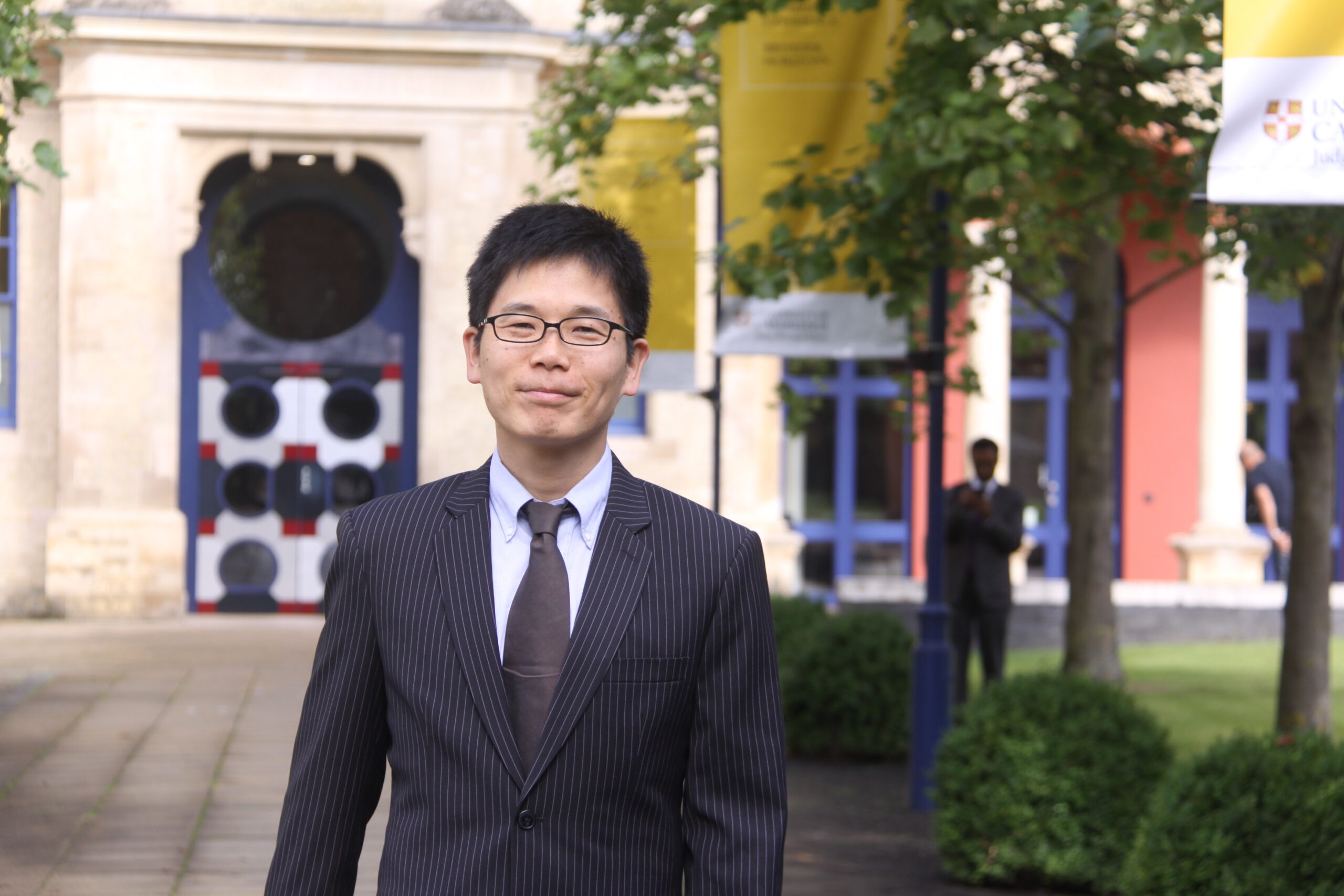Environmental pollution, climate change, and energy resource depletion are among the most urgent challenges facing society. One solution to such challenges is the world’s first standalone AC batteries developed by AC Biode.
How did they move their business from startup to pilot testing in just two years—lightning speed for the electrical industry? Because they used existing materials and existing battery production lines, dramatically cutting development time and cost.
After graduating from university, CEO Tadashi Kubo took his interest in environmental issues and joined a major international trading and investment conglomerate. Hoping to solve environmental problems through business, Kubo homed in on the global trend of electrified vehicles and their batteries.
Electricity flows in two ways: DC and AC. A DC battery is the global standard, powering all of our everyday electrical devices such as home appliances, computers, and smartphones. On the other hand, AC is used to charge electric vehicles and power the motors that drive them.
Tadashi noticed that electricity transmission, distribution, and motors utilize both DC and AC, but no AC batteries exist. If so, wouldn’t it be useful to have batteries that use AC?
Today’s lithium-ion batteries have critical limitations, such as low capacities and safety concerns. Yet, the basic principles of Li-ion batteries remain unchanged since their development 30 years ago, and developing a new type of battery posed a challenge.
Despite such difficulty, Tadashi set out to accomplish what no one had before: develop an AC battery using existing materials and existing battery production lines.
Realizing that developing AC batteries at the trading company would be difficult considering the significant cost and time required, Tadashi left the company. To get an MBA and see the world, he moved abroad to study at the University of Cambridge in the UK.

There, he succeeded in developing a unique standalone battery structure that generates an alternating current. This structure places an electrode with the characteristics of both an anode and cathode—dubbed a “biode”—between an anode and a cathode. He has obtained two patents in Japan and filed patent applications in Europe and internationally.

Since those student years, Tadashi has participated in pitch competitions around the world. He has won 16 of them, including at the University of Cambridge, MIT in the US, the European Space Agency, and COMEUP in South Korea, thereby earning the trust of world experts and the confidence to commercialize his idea.

AC Biode has locations in the UK, Luxembourg, and Japan and has already received business inquiries from numerous companies. Starting with micromobility, Tadashi hopes to expand the application of AC batteries to automobiles, storage batteries, and, ultimately, airplanes, ships, and even flying cars.
There are still issues to sort out, such as compatibility with existing infrastructure, the design of which is based on DC batteries. Nevertheless, the new deep tech birthed by AC Biode is charged with potential for driving environmental business forward and securing a better future for our planet.
